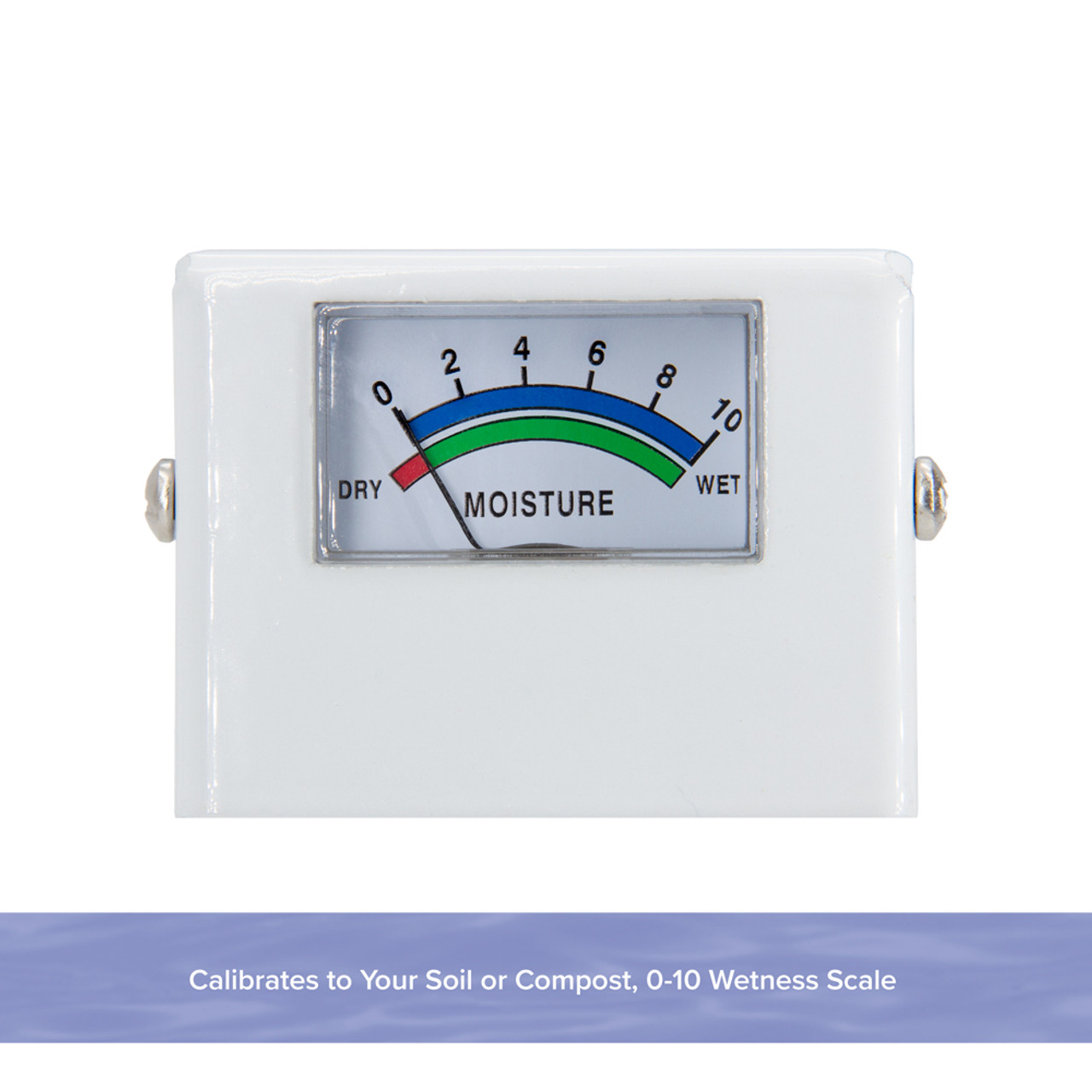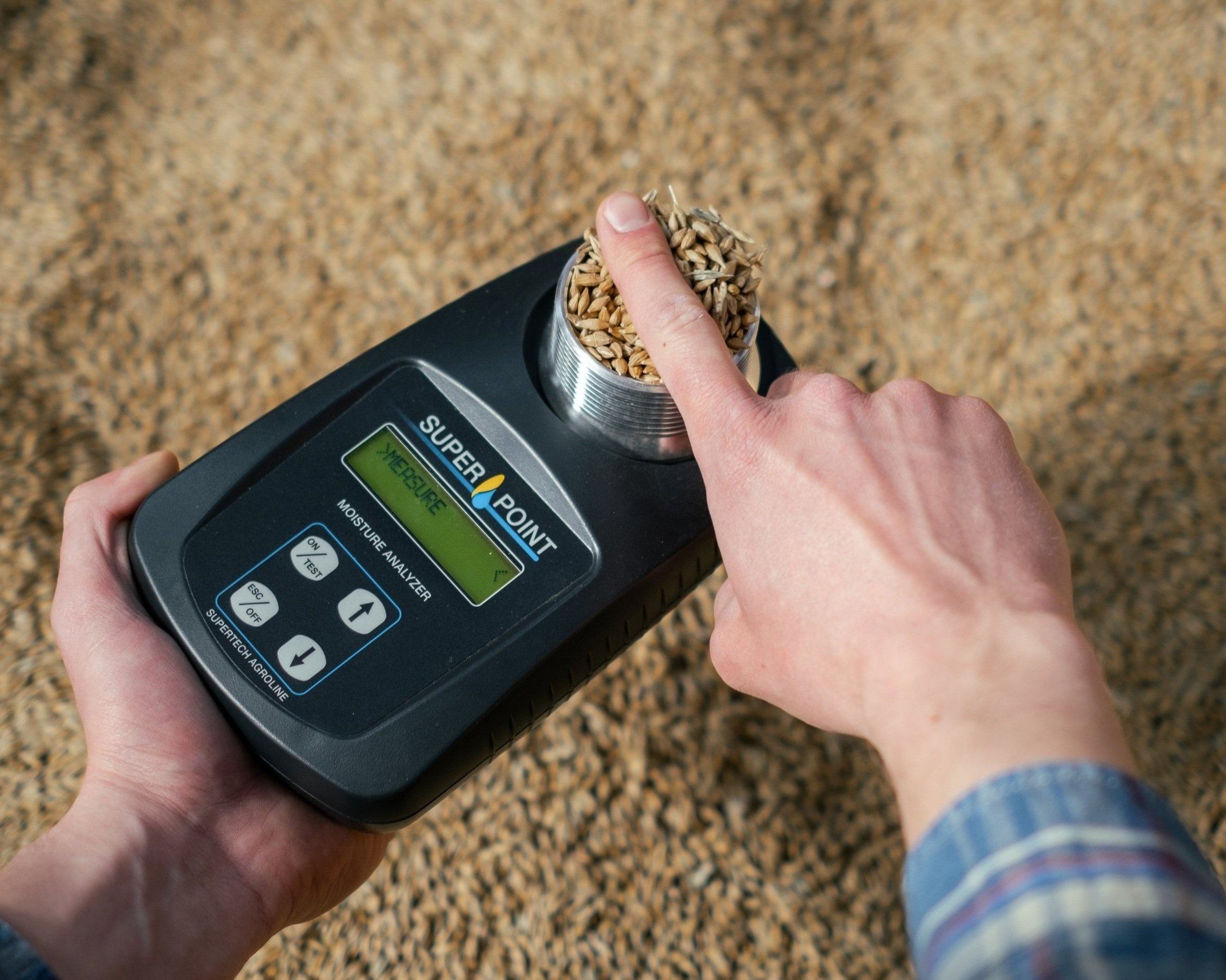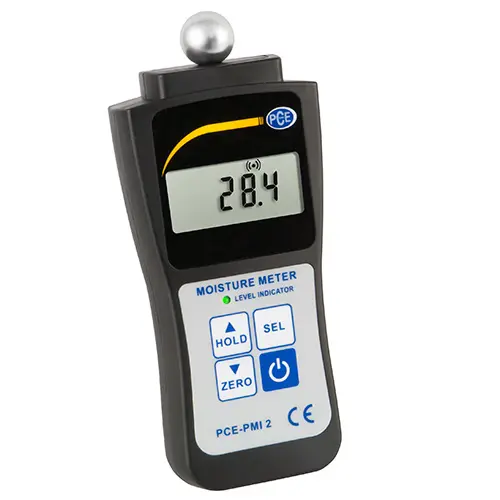Understanding the Various Sorts Of Moisture Meters and Their Applications
Understanding the Various Sorts Of Moisture Meters and Their Applications
Blog Article
The Ultimate Overview to Moisture Meters: A Comprehensive Introduction and Exactly How They Can Save You Money
In the realm of building upkeep, construction, and numerous sectors, the relevance of properly determining wetness levels can not be overemphasized. Dampness meters work as crucial devices in finding and monitoring moisture web content in products, helping in avoiding costly problems and making sure the high quality of items. Comprehending the nuances of various types of wetness meters, their applications, and the prospective cost-saving advantages they use can be a game-changer for businesses and specialists alike. Discovering just how these devices can not only enhance processes however also contribute to monetary savings is a trip worth embarking on.
Types of Moisture Meters
Various types of wetness meters are offered for various applications in numerous markets. One usual type is the pin-type dampness meter, which determines the electric resistance between two pins put into a material. This kind appropriates for wood, drywall, and other building materials. Pinless moisture meters, on the various other hand, use electro-magnetic sensing unit plates to scan a bigger area without causing damage to the product's surface area. These meters are excellent for rapidly analyzing moisture levels in big locations such as walls and floors.
In addition, there are also specialty moisture meters created for details products like hay, grain, or dirt. These meters give exact dampness readings customized to the one-of-a-kind properties of the material being tested. Infrared moisture meters measure the thermal residential or commercial properties of a material to determine its moisture content non-invasively, making them helpful for applications where pin or pinless meters may not be ideal. Understanding the different kinds of dampness meters readily available can aid markets select the most suitable tool for their details dampness measurement needs.

Advantages of Utilizing Moisture Meters

Additionally, making use of dampness meters can lead to increased energy performance. In farming settings, moisture meters play an important function in maximizing plant returns by making it possible for farmers to monitor soil wetness levels and make informed irrigation decisions.
How to Select the Right Moisture Meter
Choosing the suitable wetness meter includes thinking about crucial aspects such as product compatibility, dimension variety, and calibration accuracy. When choosing a moisture meter, it's important to ensure that the meter appropriates for the specific product you will certainly be screening. Various products have varying electrical buildings that can impact wetness readings, so picking a meter created for your material is essential for accurate outcomes. Furthermore, consider the dimension variety of the moisture meter. Make certain that the meter can find wetness levels within the array required for check my source your applications. Calibration precision is one more crucial factor to bear in mind (Moisture Meter). Go with a dampness meter with trusted calibration to make sure constant and specific readings. Some meters might need routine calibration modifications, so understanding the calibration procedure is necessary. By meticulously examining these factors, you can select a moisture meter that satisfies your demands and supplies exact moisture dimensions for your projects.
Appropriate Strategies for Moisture Meter Usage
To make certain accurate wetness analyses and optimize the effectiveness of a wetness meter, using proper methods is crucial. When using a pin-type wetness meter, put the pins or probes right into the material being checked till they make full get in touch with. Guarantee the pins are vertical to the surface area to get one of the most precise analysis. For pinless wetness meters, hold the device flat versus the product and relocate gradually to cover the whole area for a typical analysis. It's crucial to adjust the wetness meter according to the product being checked to improve accuracy. Take multiple analyses throughout the surface and ordinary them out for an extra reliable outcome. Furthermore, make certain that the product being examined is adjusted to the setting to avoid skewed readings. Routine upkeep of the dampness meter, such as cleaning the pins or sensor, is also vital to make sure constant and accurate analyses. By adhering to these appropriate techniques, customers can count on their moisture meter to provide trustworthy dampness degrees, aiding in avoiding costly damage or making certain high quality in numerous applications.

Cost Cost Savings Through Moisture Meter Applications
Just how can the critical utilization of moisture meters bring about substantial expense financial savings throughout various sectors? Dampness meters play an important role in cost savings by preventing potential damage and making sure top quality control in various industries. In the agriculture market, wetness meters help in determining the optimal time for collecting crops, preventing over-drying or excess wetness that can influence the final product's high quality. This precise monitoring helps farmers avoid unneeded losses and optimize their yield. redirected here

In addition, in the food processing market, wetness meters are essential for keeping track of product top quality and making certain compliance with safety guidelines. By properly measuring moisture material in food products, manufacturers can prevent perishing, keep freshness, and minimize waste, resulting in considerable expense savings. On the whole, the calculated application of dampness meters is a useful financial investment that can lead to significant cost reductions and improved effectiveness across numerous industries.
Conclusion
Finally, moisture meters are important devices for determining and spotting dampness levels in various products. By using the right dampness meter and adhering to appropriate strategies, users can effectively prevent expensive problems created by excess wetness. Buying a top quality moisture meter can result in significant price savings over time by determining prospective issues at an early stage and making it possible for timely removal. Eventually, wetness meters are important tools for keeping the honesty and longevity of materials and frameworks.
Moisture meters offer as important devices in discovering and keeping track of moisture content in products, helping in preventing pricey damages and ensuring the top quality of products. Infrared dampness meters gauge the thermal residential or commercial properties of a product to identify its dampness web content non-invasively, making them useful for applications where pin or pinless meters might not be appropriate.Dampness meters use invaluable advantages in precisely checking you can try these out and examining moisture degrees in varied products and settings. In agricultural settings, wetness meters play a vital duty in enhancing plant returns by enabling farmers to keep an eye on dirt wetness levels and make notified watering decisions.In conclusion, dampness meters are useful tools for determining and finding moisture levels in numerous products.
Report this page